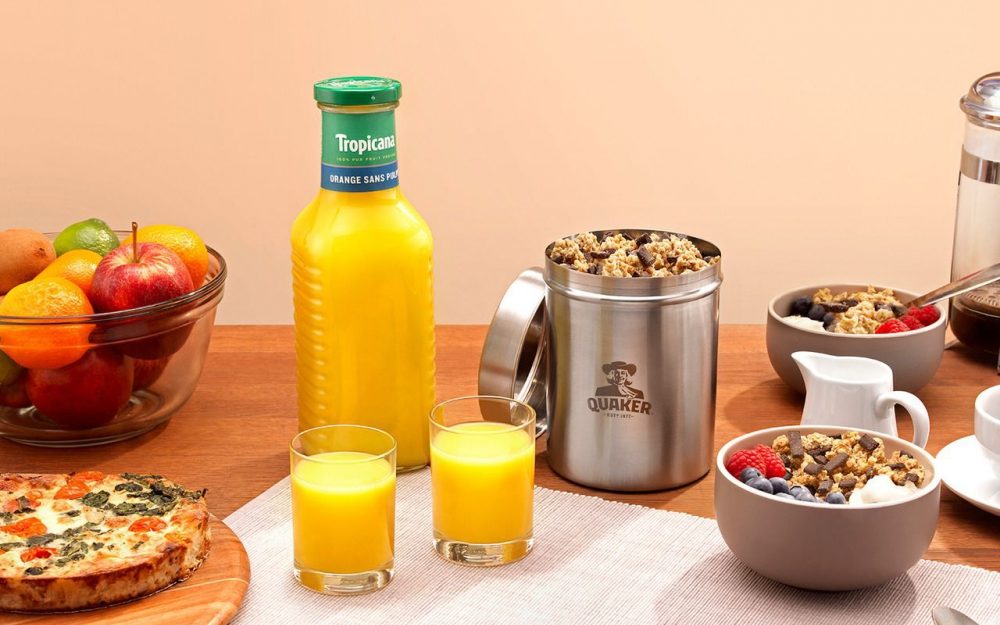Agriculture: replacing pesticides with music
By Jules Bricout
— Nov 21, 2017

What if the debate about pesticides could be silenced by music? The concept may seem somewhat Utopian, but this is nonetheless the outlandish claim of the French company Genodics nine years ago, in 2008.
Against all expectations, the solution seems to be bearing fruit, in particular for one farmer in Bouches-du-Rhône who recently rescued 60 hectares of crops by exposing them to music.
Contaminated by the “Mosaic” virus for more than ten years, his courgette plants seemed destined to be grubbed up. The producer had tried everything but was not ready to resign himself to bidding farewell to his 60 hectares – the only solution offered by conventional agriculture.
In his search for a solution, the farmer came across the website of the company Genodics, contacted them and was given a surprising suggestion: to nurse his plants with music proteins.
He confesses that given his predicament, he had nothing left to lose. So he went for it.
This scientific device, called Génodique, is the fruit of studies and research dating from the 1960’s. Proof that music doesn’t only make humans and animals happy.
Genodics installs equipment, powered by solar panels, which broadcasts music in the producer’s greenhouses for five to seven minutes every evening. Genodics explained its method to Le Figaro: “In the simplest terms, during the protein synthesis process, amino acids produce notes. Thus an individual melody for each protein is emitted (…) The challenge is to identify the relevant proteins for the pathology to be controlled, then to isolate it and find the protein’s tune to stimulate it or inhibit its synthesis.”
While the device has not so far managed to eradicate the virus, it has been completely overwhelmed by the musical soundwaves and the vegetables are now healthy and edible once again.
Today, his plants produce between 600 and 700 tonnes of vegetables, most of which were rescued by music.
This method has so far been adopted by 130 farmers in France, and has recently aroused the curiosity of INRA (the French National Institute for Agricultural Research) which plans to put tests in place. A wonderful story for this French company and a farmer saved by music.



